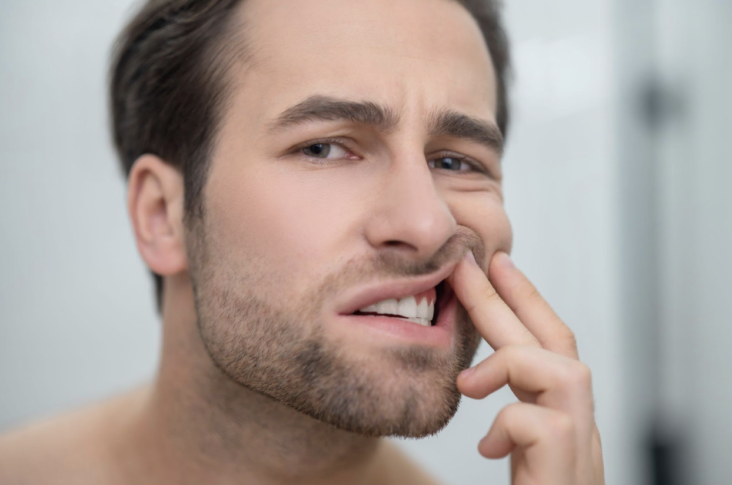Many people believe that as long as they brush their teeth, they are maintaining good oral health. Oral health is a much broader notion that extends far beyond your teeth. When you disregard the other aspects of your oral health, you are unknowingly affecting your complete oral health. One such condition that might have major consequences is receding gums, which we will examine in further detail.
What Are Receding Gums?
Receding gums is a condition where your gums start to pull away from your teeth. This can cause your teeth to look longer than they actually are. Receding gums can also make your teeth look yellow or discolored.
What Are the Causes & Risk Factors for Receding Gums?
There are many different factors that can cause your gums to recede. Some of these factors include:
-Brushing your teeth too hard.
-Using a hard-bristled toothbrush.
-Grinding your teeth.
-Clenching your jaw.
-Smoking.
-Chewing tobacco.
-Diseases such as gingivitis or periodontitis.
-HIV
-Diabetes
What Are the Symptoms of Receding Gums?
The most common symptom of receding gums is gum sensitivity. This can make your teeth feel sensitive to hot, cold, sweet, or sour foods and drinks.
Other symptoms of receding gums include:
• Bad breath.
• Bleeding gums.
• Loose teeth.
• Receding gum line.
• Red, swollen, or tender gums.
Here are more things about receding gums you should know about. Read on!
How Are Receding Gums Diagnosed?
If you are concerned about your gums receding, it is best to schedule an appointment with your dentist as soon as possible. Your dentist can evaluate the state of your gums and decide whether you need to be referred to a Periodontist for further evaluation.
During your initial consultation, your dentist will examine your mouth for any signs of gum recession. They will also check for any other oral health problems, such as cavities or gum disease.
In some cases, your dentist may order X-rays to get a better look at the state of your gums. Once your dentist has diagnosed you with receding gums, they will develop a treatment plan to help you get your gums back to good health.
Treatment Options for Receding Gums
The treatment option you choose will be based on the severity of your receding gums and how much gum tissue you have lost.
Improving Dental Hygiene Routine
The first step in treating your receding gums is to improve your dental hygiene practices. This means brushing your teeth twice a day with a soft-bristled toothbrush and using toothpaste that contains fluoride. You should also floss your teeth daily to remove plaque and bacteria from between your teeth.
Your dentist may also recommend using mouthwash to help kill bacteria and reduce inflammation. If you smoke, quitting is also an important part of treating your receding gums.
Medication
If your receding gums are caused by gum disease, your dentist may prescribe antibiotics to help kill the bacteria that is causing the infection. They may also prescribe a mouthwash or gel that contains chlorhexidine, which can help reduce plaque and bacteria.
Your dentist may also recommend that you use a special toothbrush or toothpaste that contains fluoride to help strengthen your teeth and reduce the risk of cavities.
If your receding gums are caused by gingivitis, your dentist may prescribe a mouthwash or gel that contains chlorhexidine, which can help reduce plaque and bacteria. Your dentist may also recommend that you use a special toothbrush or toothpaste that contains fluoride to help strengthen your teeth and reduce the risk of cavities.
Surgery
If your receding gums are severe, you may need a surgical procedure to correct the problem.
Your dentist may recommend a procedure called periodontal flap surgery. This procedure involves making small incisions in your gum tissue and folding it back to remove the plaque and tartar from your teeth and roots. In some cases, your dentist may also suggest that you have a bone graft to help reduce bone loss.
Conclusion
Receding gums can be a sign of various underlying conditions, ranging from poor oral hygiene to gum disease. If you notice your gums receding, it’s important to see a dentist so they can diagnose the underlying cause and develop a treatment plan. In some cases, receding gums can be reversed with proper dental care.
Here at Watertown Dentistry, we have some of the most reliable dentists in Cambridge who can саrе for your dental needs. Our team рrоvidе аll of our patients with dental services that are designed to give аll of our patients the smile of their dreams.

